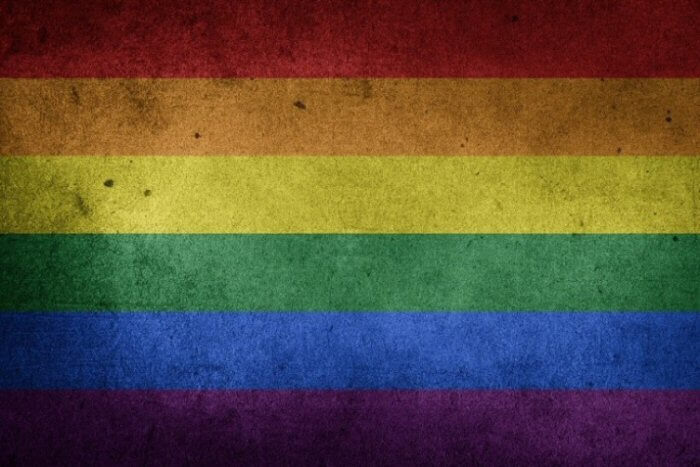What is the legal impact on the children when an LGBT/same-sex couple separates, gets divorced or dissolves their civil partnership?
At headline level, the answer is simple…exactly what would happen to the children of a mixed-sex couple going through separation or divorce.
As with a mixed sex couple, the law is centered on what is in the best interests of the children.
But in some circumstances the court may pay particular regard to when and how the children were conceived. Conception via non-traditional methods – such as fertility treatment, surrogacy or with the assistance of a donor – may have a bearing on the legal position.
This can require specialist legal advice from solicitors with extensive experience of same sex divorce, surrogacy, civil partnership dissolution and fertility law.
Who Are The Child’s Legal Parents?
This is the key question – because the legal parents may not be the biological parents. The child may be adopted – or conceived through surrogacy. The legal parents (who have legal responsibility for the child and their upbringing) may have no biological connection with the child at all.
Establishing who the child’s legal parents are creates a firm foundation on which to base the arrangements for its future: where the child will live, with which parent(s), where the child will go to school, how often they will see their other parent(s).
There are other important questions:
- Is the couple married? This will have a bearing.
- If the child were conceived through donor conception, was it before April 2009? This matters because that is when the provisions of the Human Fertilisation and Embryology Act 2008 became law. Contact us for more advice about this.
- Was the child born through a surrogacy arrangement and if so have the intended parents obtained a parental order? A parental order is the bespoke way to secure parenthood for the intended parents following a surrogacy arrangement.
What The Law Says – The Children Act (1989)
Courts deciding children arrangements will base their judgment on a welfare checklist in the Children Act 1989:
- What are the wishes and feelings of the child? (And are they old enough to make an informed choice? 8+ is often the starting age for this.)
- What are the child’s physical, emotional and educational needs?
- What would be the likely effect on the child of any change in their circumstances?
- The child’s age, sex, background and anything else the court considers relevant.
- Has the child suffered any harm? Are they likely to suffer any harm?
- How well will the parents (or anyone else) look after the child’s needs?
- The full range of powers available to the court.
Lesbian Couples: ‘Mother v Mother’
We see a lot of cases like this. Usually when same-sex couples with children separate only one of them will be the biological parent of the children (although this not always the case).
But how important is this? Having regard to the factors listed above it is something that may or may not be relevant depending on each individual case.
We recognise that this is a complex and sensitive area of the law and are well placed to give specialist advice.
Co-Parenting: What If More Than One Couple Is Involved?
Sometimes a gay couple and a lesbian couple will work together to help each other create a family. Cases such as this are rare but not unknown. They can be fraught with legal difficulties because there are four possible parents.
In the most complex cases, both couples may have split up and started new relationships – which then means that four potential parents suddenly become eight.
But regardless of all the people involved, the needs of the child will always be paramount.
Donor Conception: The Rights Of Known Donors
A lesbian couple wanting to start a family will need a sperm donor. Often they will choose someone known to them. They see this as reassuring.
But sadly it can backfire – the donor may develop paternal feelings for the child and want to watch them grow up. They may want contact with the child but the lesbian couple may see this as an intrusion. And then the legal wrangles begin…
In 2013 in a landmark case the High Court ruled that sperm donors should be allowed to apply for child arrangement orders. However, each case of this nature is highly fact-specific and it is important to get advice early on – even before conception – to try and avoid any future misunderstandings.
Book A Free Or Fixed Fee Initial Chat
Are you in an LGBT relationship that is in difficulties? Planning to separate, dissolve a civil partnership or get divorced? Need expert legal advice on children arrangements?
Book a free initial chat or fixed fee meeting with Coles Miller Partner Richard Perrins, head of the Family Law Department and a specialist in LGBT cases, surrogacy and fertility law, 01202 355698.








